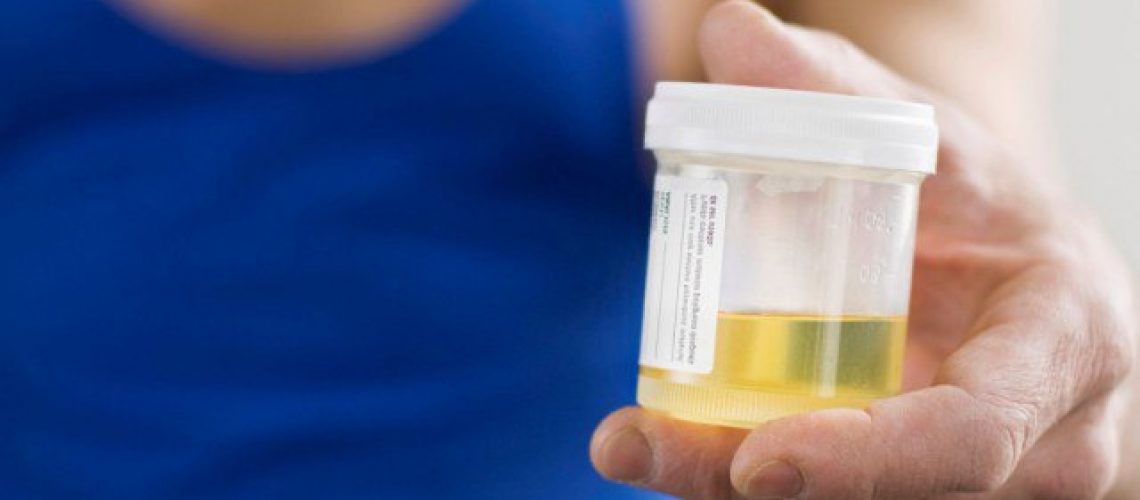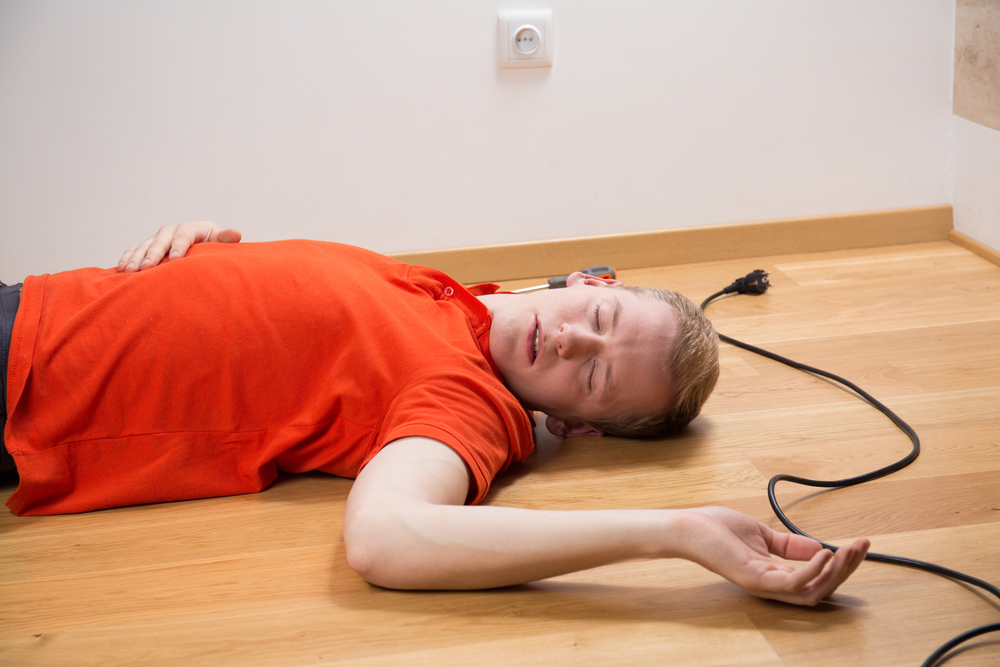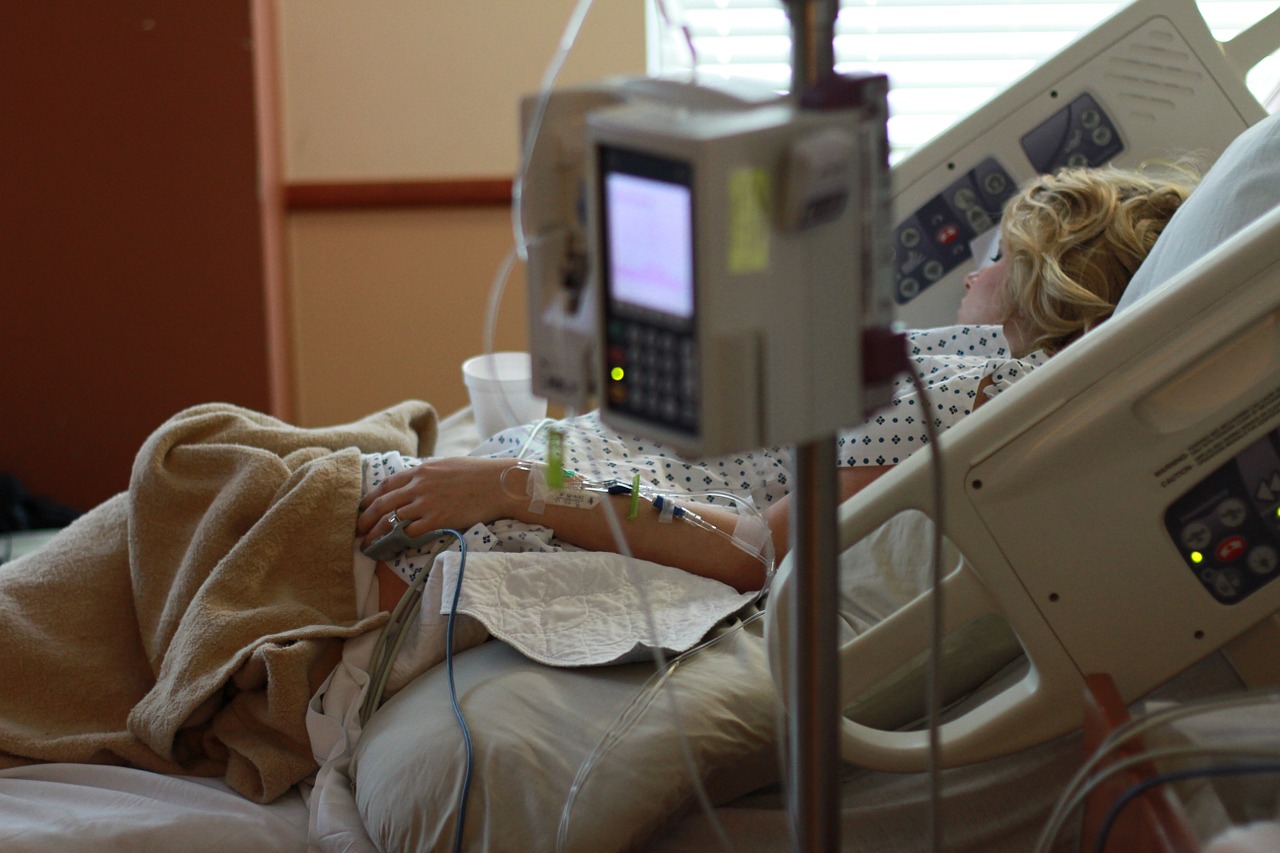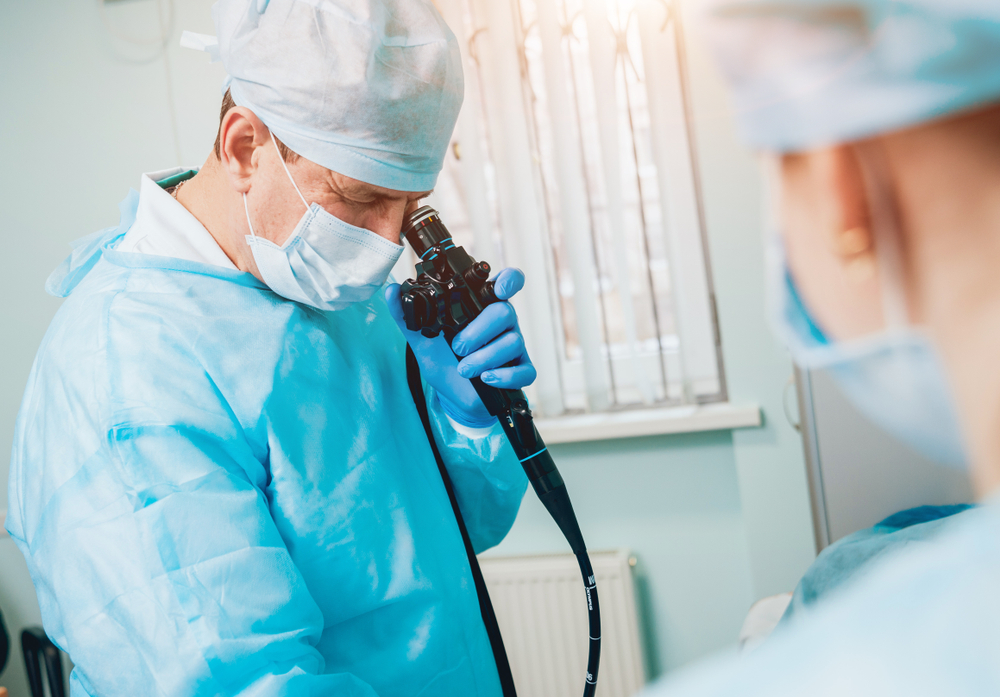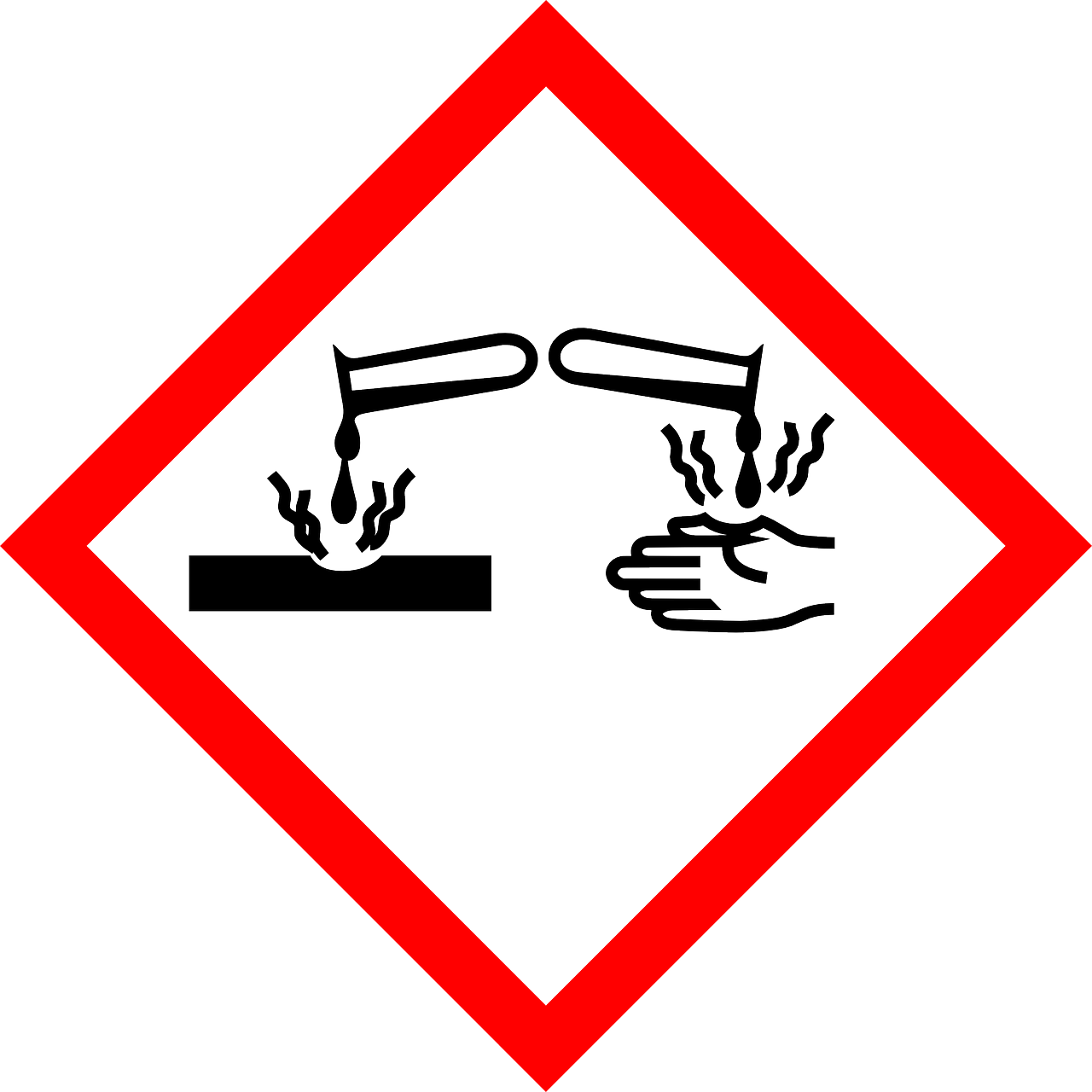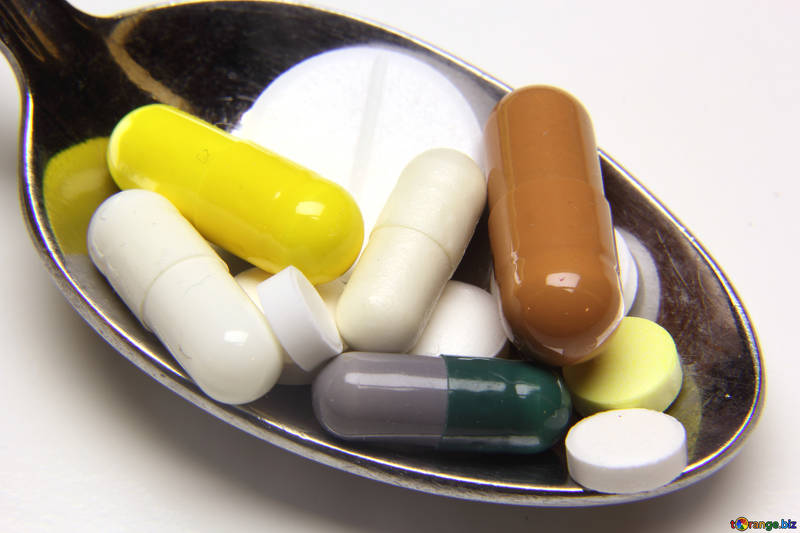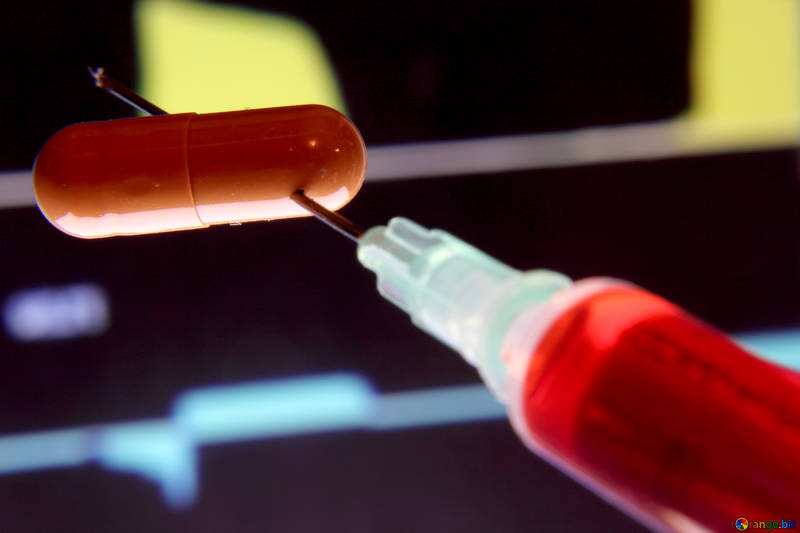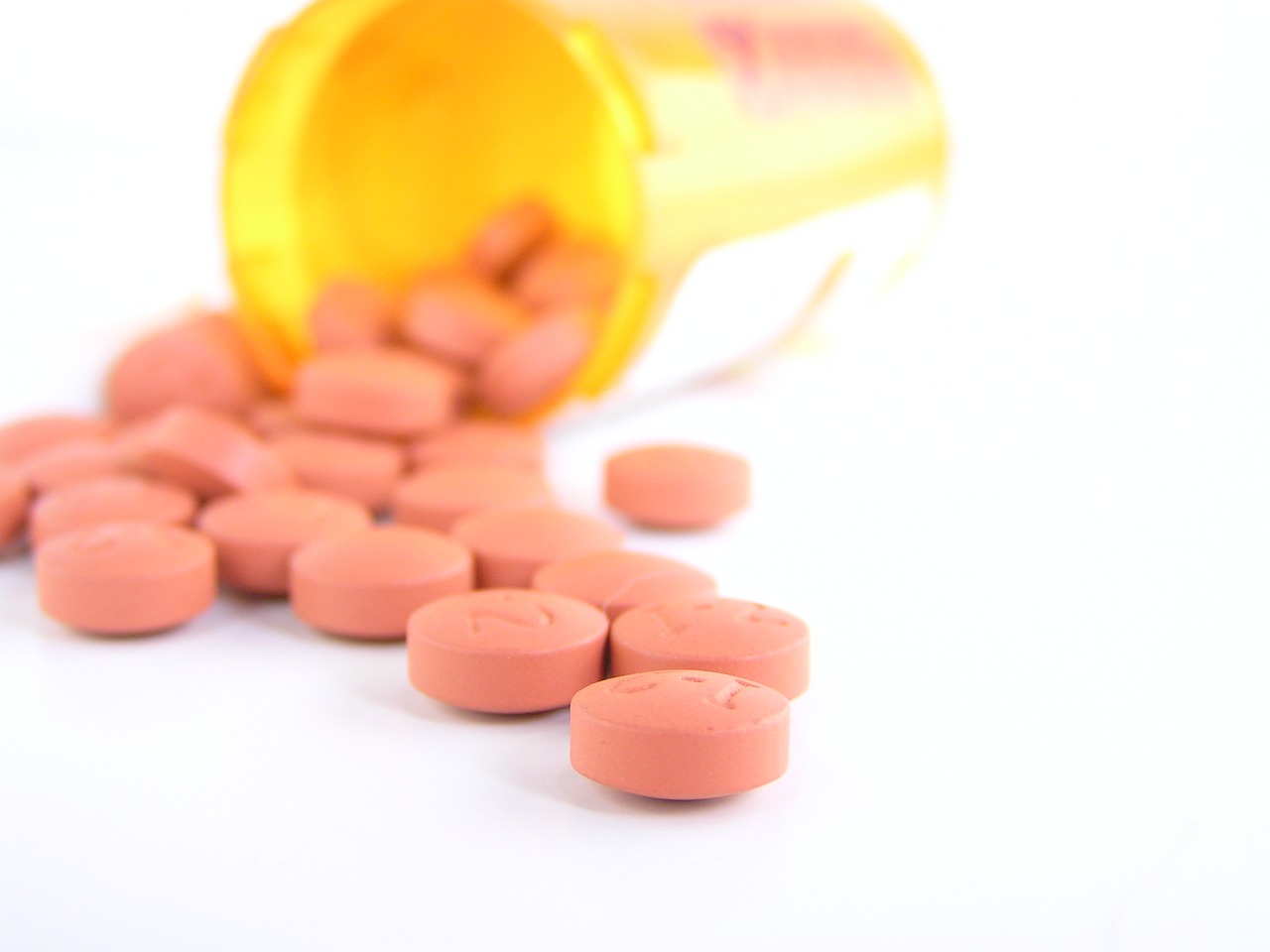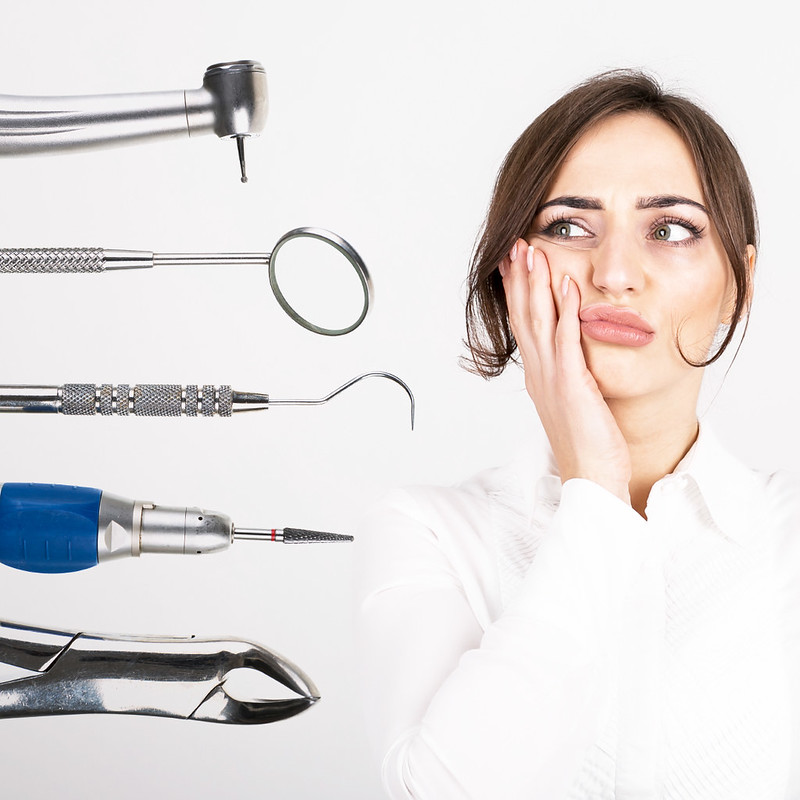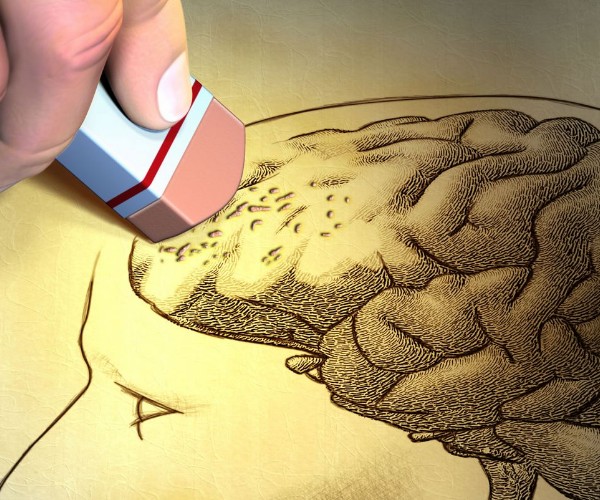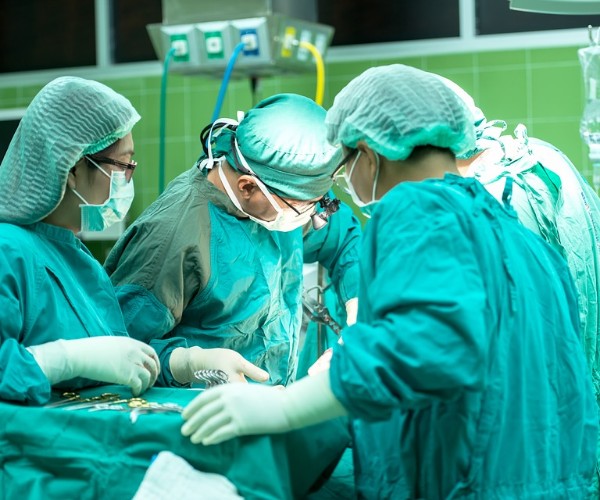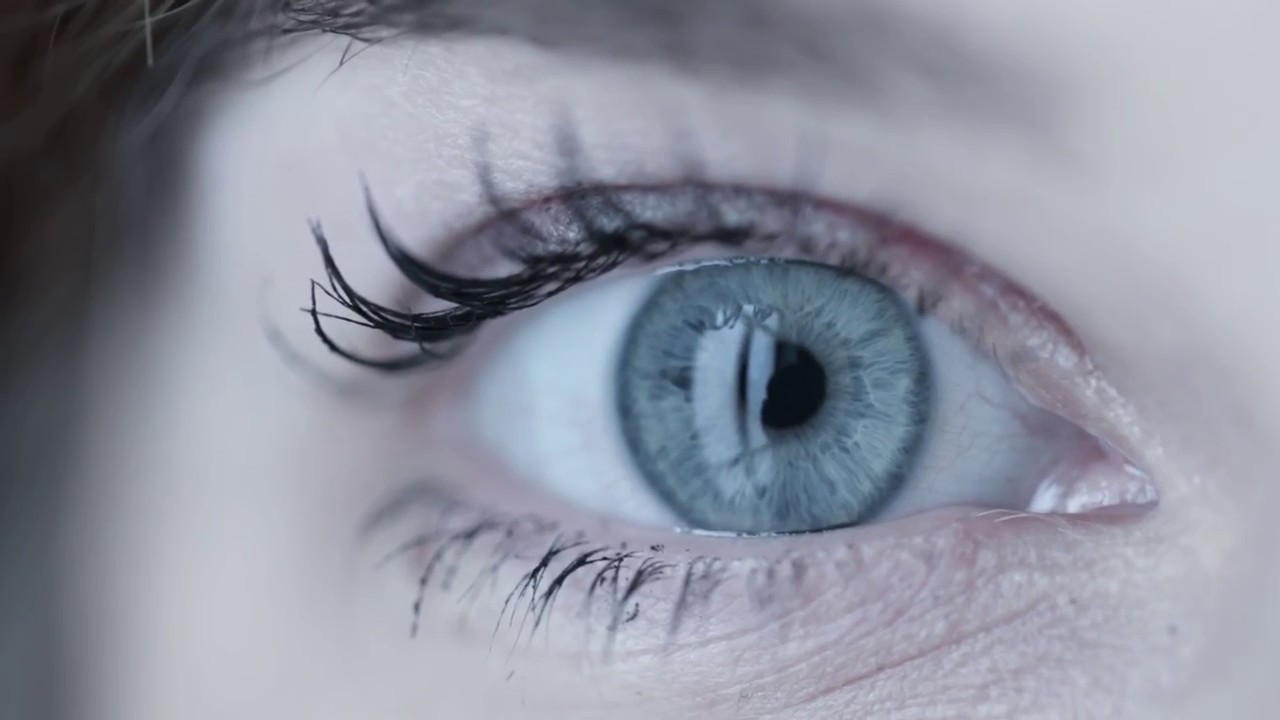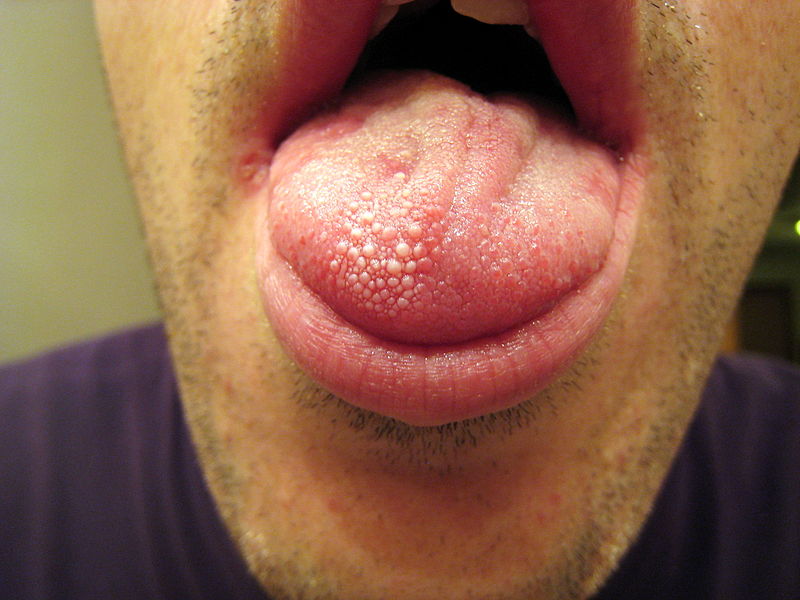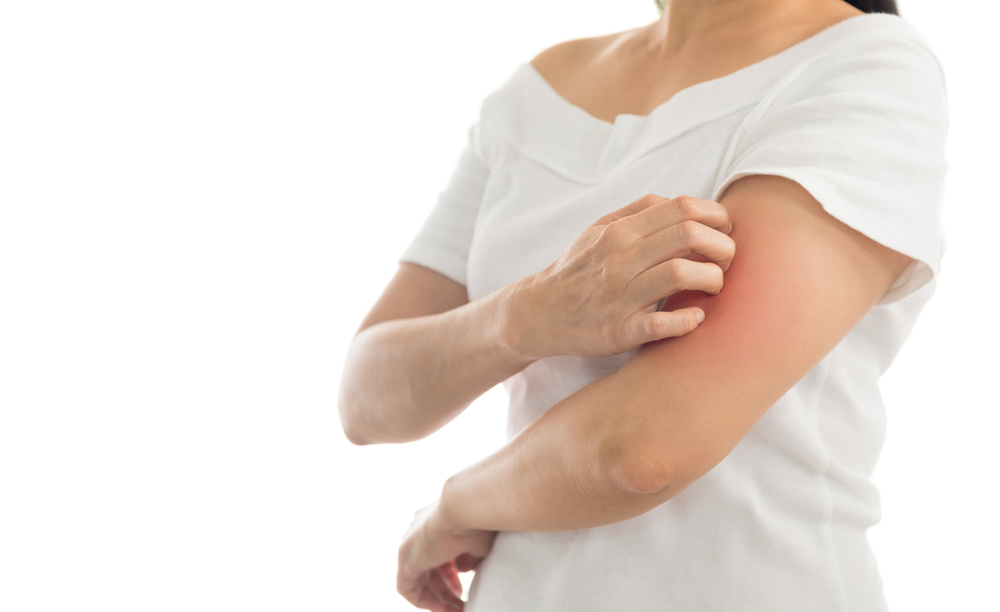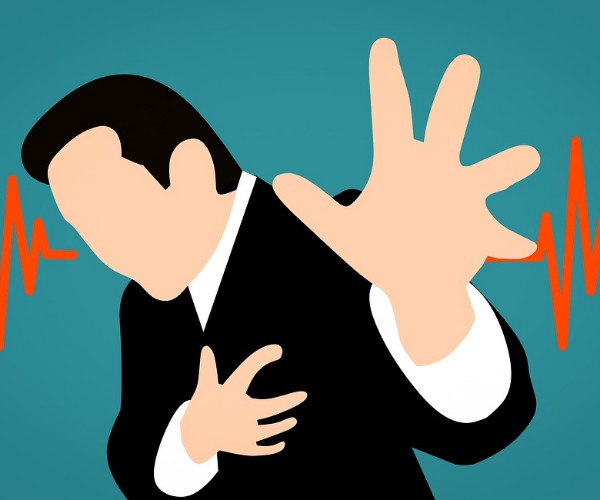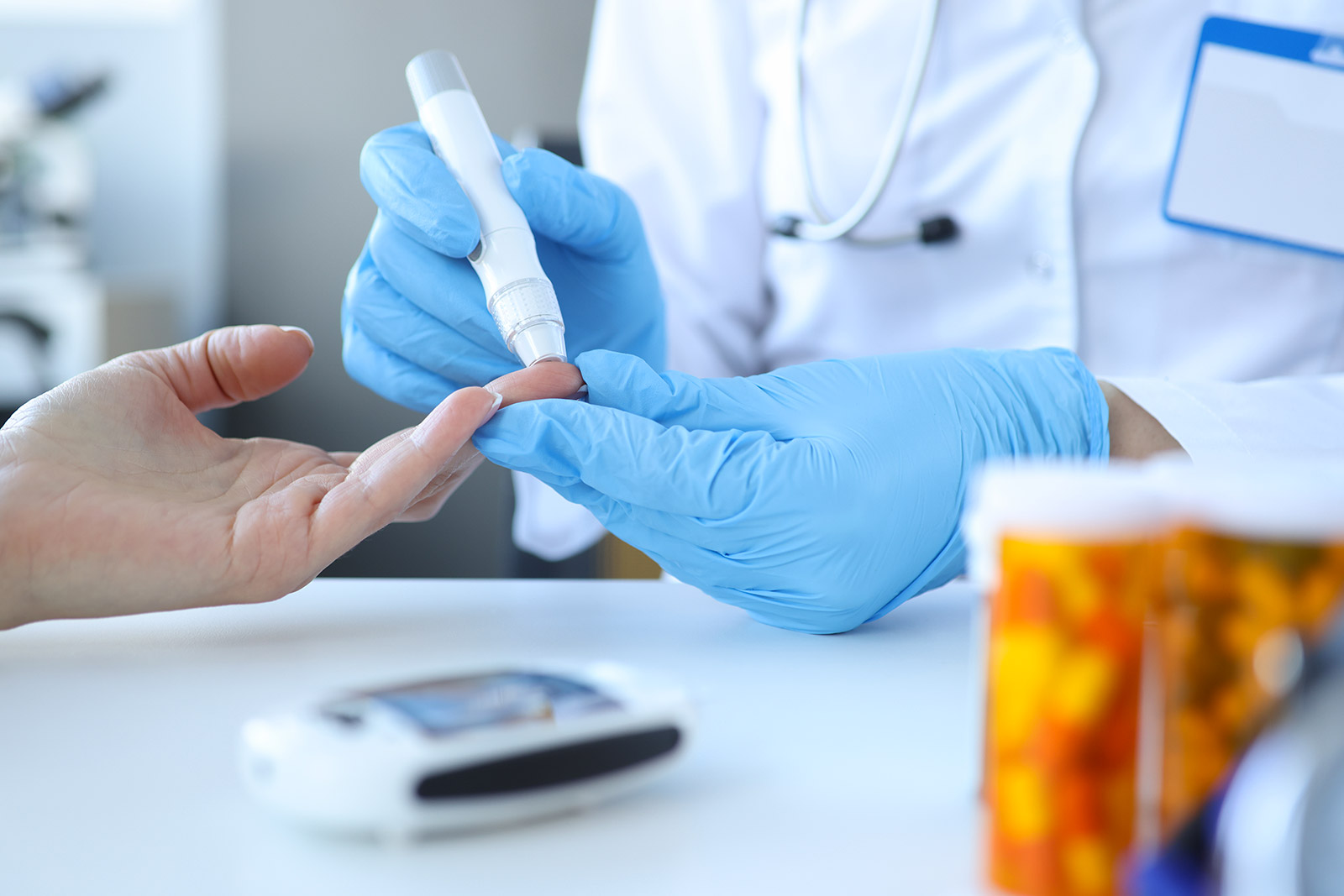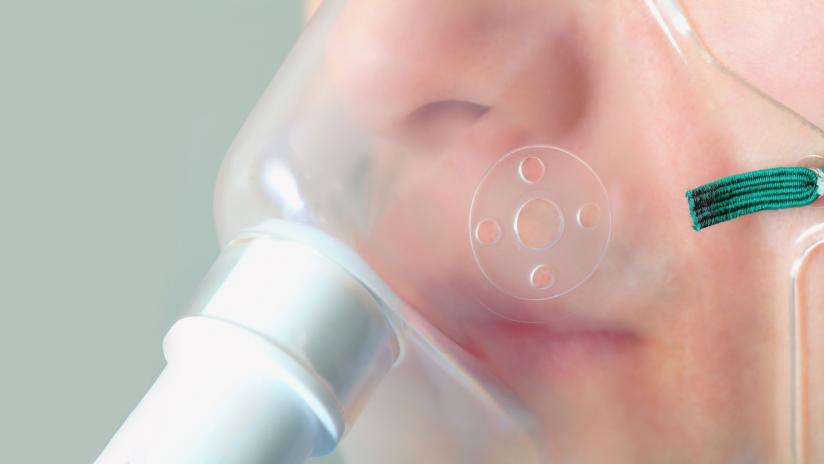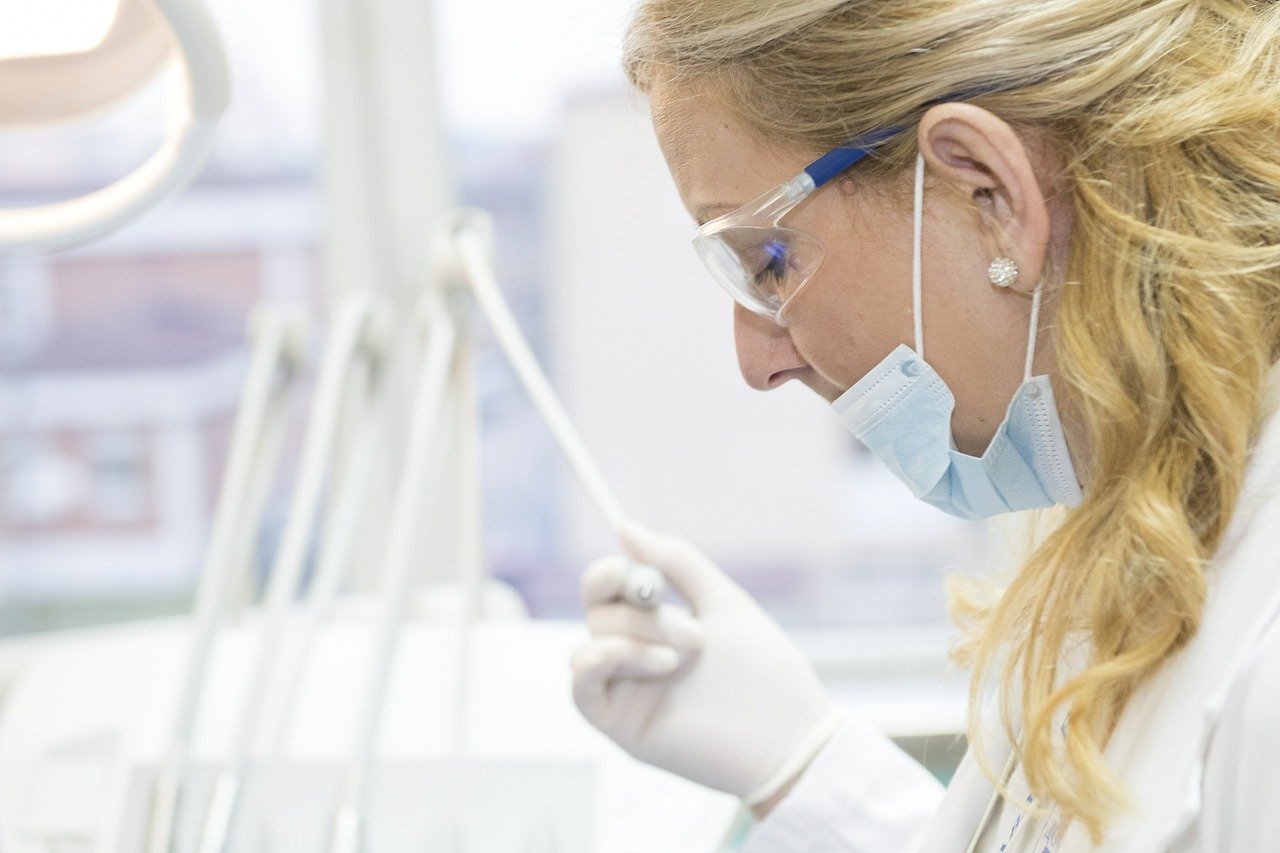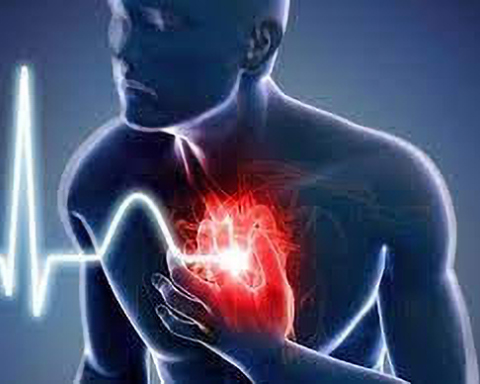Once a toxic agent has distributed into the tissues and organs of the patient, the harmful action will continue to persist until an antidote to it Will neutralize. Obviously, the use of antidotes is limited, as they do not there are methods to artificially increase metabolic inactivation processes. With filtration, the idea was established that the infusion of greater amount of fluids in the body should lead not only to the formation of more pee, but also to the removal of toxins. All this has been made evident as a result of the forced diuresis of thousands of poisoned people.
For most of the drugs taken in overdose, only a small proportion of them Is eliminated from the kidney in unchanged form. Usually their action ends by metabolic degradation, so diuresis would not change the duration of their effects.
From A therapeutic point of view, forced diuresis can help the patient poisoned only when it comes to overdoses of salicylates, barbital and phenobarbital, quinine and other amphetamine-like drugs.
In addition, urine pH can alter the effectiveness of diuresis in excreting the medication.
Source: Roy Goulding’s Vademecum of Poisoning Therapy.





